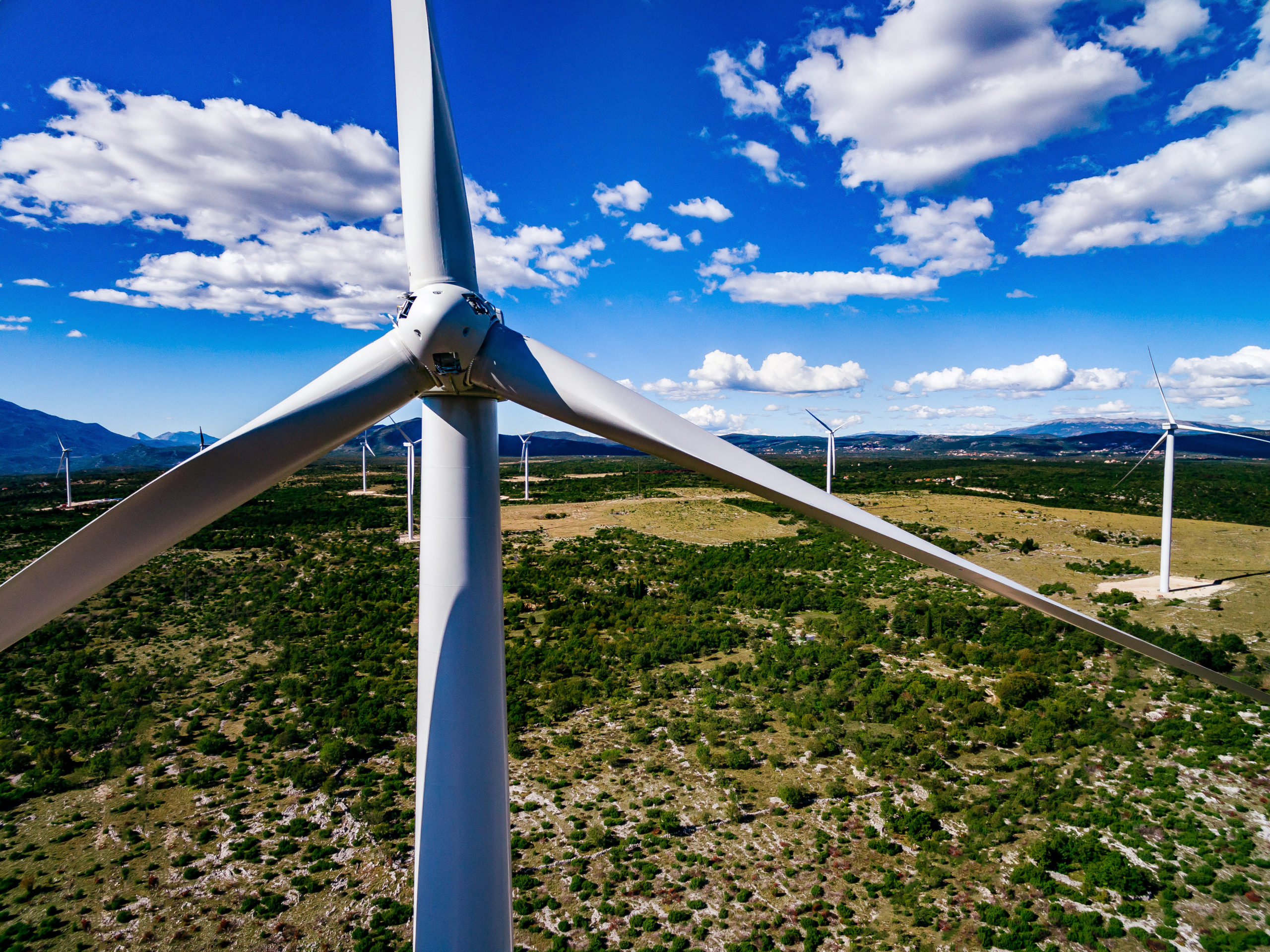Raising the Bar for Sustainability Commitments

Sustainability commitments once lived on the periphery of company goals, but over the last five years have transitioned to the forefront of increasingly complex conversations around addressing energy challenges. Microsoft, highlighted as part of CEBA’s Top Ten Large Energy Buyers of 2019, recently joined one of our exclusive members–only webinars to share insights on its new ambitious goals to:
- Be carbon negative by 2030
- Remove all of the company’s historical carbon emissions by 2050
- Invest one billion dollars in a Climate Innovation Fund to accelerate the global development of carbon reduction, capture, and removal technologies
Getting real about “carbon math”
Microsoft plans to reach carbon negative status through an internal carbon tax and addressing Scope 1, 2, and 3 emissions, rather than relying solely on conventional removal or recapture. The internal carbon tax, which has been in place since 2012, is a line item for all Microsoft businesses in which each is taxed based on a carbon value. The carbon tax fees are pooled together to fund carbon avoidance and efficiency projects. Microsoft aims to drive down its Scope 1 and Scope 2 emissions by:
- Shifting to 100% renewable energy at all data centers, buildings, and campuses
- Electrifying global campus operations vehicle fleet by 2030
- Pursuing International Living Future Institute Zero Carbon certification and LEED Platinum certification for Silicon Valley Campus and Puget Sound Campus Modernization projects
Recognizing Scope 3 as its largest bucket of emissions, Microsoft plans to start phasing in its internal carbon tax to cover reduction tactics, including the implementation of new procurement processes and tools to enable and incentivize suppliers to reduce their own emissions. Last, but not least, the Climate Innovation Fund will invest in two key areas: acceleration of ongoing technology development through investments in project and debt finance and investing in new innovative technologies.
CSR evolves into a standard
Microsoft one of many CEBA members that is employing new strategies to meet sustainability commitments, including avoidance and removals, afforestation and reforestation, soil carbon sequestration, bioenergy with carbon capture and storage (BECCs), and direct air capture. Actors across the commercial and industrial (C&I) sector are progressively more aware of their impact and continue to explore innovative ways to improve accountability in order to leave a positive legacy. #ZeroCarbonFuture is trending, and for companies, this means addressing an obligation to the climate and setting serious sustainability commitments.
Driving impact together
Ambitious sustainability goals encourage industry peers to aim higher and dream bigger – the end result? A zero-carbon energy future that benefits us all.
Interested in participating in member-only webinars to learn exclusive insights on market trends, including how large energy buyers are driving impact through ambitious sustainability goals? Contact our Membership team (membership@cebuyers.org) to learn how you can get access to educational resources, virtual offerings, and exclusive member-only content.
